Hempking | Hemp, CBD and THC in Lithuania
min. reading
After the European Commission announced a liberal approach to CBD in 2021, specifically removing cannabidiol from the list of narcotic substances and treating it like a food from now on, there have been quite a few regulatory changes. Countries such as Lithuania have had to relax their hemp and CBD laws. This process is still underway, especially in the context of THC and marijuana legality. Using Lithuania as an example, one can see that a liberal approach towards CBD does not necessarily go hand in hand with similar treatment of the psychoactive tetrahydrocannabinol. Read on to find out which hemp products are illegal and which are admissible in Lithuania.
Table of Contents
Are CBD products legal in Lithuania?
Regulations on the production and marketing of products containing hemp are quite strict in Lithuania. This is especially true for foods with hemp extracts that contain cannabinoids. Depending on the type of substance, the law treats products containing THC differently from those which are THC-free. So, you can legally produce, sell and buy products containing CBD in that country, as long as the marketer has the appropriate permits and has registered them with the Lithuanian Food and Veterinary Inspectorate. CBD, like other dietary supplements, must be reported and approved by that authority. This means that Lithuanian consumers can only buy CBD products from certified producers that manufacture products without trace amounts of THC. In the case of products imported from abroad, you need to have the relevant documents certifying that they are notified in the country of origin.
Lithuania is an example of one of the few countries in the European Union that does not allow any THC content in food or dietary supplements. This is because tetrahydrocannabinol (unlike CBD) is treated as a narcotic here. For this reason, the Department of Drug, Tobacco and Alcohol Control (DBACD) has issued a decision against the approval of any amount, even a trace amount of THC in any product, even in cosmetics. As a result, products containing more than 0% THC cannot be sold or purchased. The amounts of CBD are not regulated by the DBACD, as the substance is not illegal. In 2021, the government legalized manufacturing products derived from the whole cannabis plant, whose total THC content can reach a maximum of 0.2%, but due to DBACD’s position, there can be none in the final product. Nevertheless, the market for CBD products is doing quite well. In Lithuania, you will get CBD – broad spectrum extracts, i.e. those without any amounts of THC, as well as food, beverages and hemp cosmetics containing those extracts.
Hemp law in Lithuania
As recently as 2019, Lithuania was the second-largest producer of hemp and its derivatives in Europe, after France, with a cultivated area of 9,000 hectares (in Poland, that area was about 3,000 hectares). Since then, the area on which hemp was grown has gradually declined, and more hemp farmers have abandoned growing it due to confusing and unclear regulations that have reduced the profitability of their operations. The Lithuanian government has long had a peculiar approach to hemp, which can be seen in the pace of implementing regulations that could help develop this market with enormous potential. Lithuania was one of the last EU members to introduce the possibility of legal cultivation of fibre hemp (this only happened in 2013). Medical marijuana was introduced in 2018, but the law is not functioning in practice, as the procedures are very demanding.
In accordance with EU regulations, Lithuania has allowed its farmers to grow true hemp, but it must not contain more than 0.2% THC. To start such cultivation, one must first register with a special database and obtain a permit. It is legal to grow plants derived only from certified hemp seeds whose grown inflorescences contain no more than 0.2% THC. Ironically, the 0.2% THC designation, which should clarify which plants can be legally grown and processed, is usually misinterpreted by growers, producers and consumers themselves. The 2021 regulatory change regarding the maximum level of 0.2% THC applies only to the type of the plant that can be grown, so it is only important for farmers, and not for producers of hemp products.
While there is still no general rule on the maximum amount of THC that can be considered safe for the final cannabis product, current national cannabis regulations, even including their updates, are still not fully in line with existing EU legislation. Lithuania has set lower permissible THC levels for products manufactured by domestic hemp growers and processors. It is for this reason that the European Commission has repeatedly pushed to bring Lithuania’s hemp laws into line with those of the European Union. There are plans to amend the law to allow the sale of CBD products, in the case of which the THC content does not exceed 0.2 percent. It is estimated that when Lithuanian companies are able to use the entire hemp plant for production, their turnover will increase to 100 million euros.
Is THC legalized in Lithuania?
Despite such a large cannabis tradition in Lithuania, the government has not decided to legalize marijuana so far. Consuming cannabis for recreational use is still illegal, so is possessing small amounts for personal use. Work is underway to amend the law and decriminalize the possession of small amounts of marijuana for personal use. The law that is being worked on provides for the possibility of possessing a small amount (less than 5 grams of herb or 0.25 grams of cannabis resin) for personal use, which is then treated as an offence and is punishable by a warning or a fine ranging from 30 to 250 euros. If the act is repeated, the fine can range from 250 to as much as 400 euros. Currently, in such a situation a person is subject to the provisions of the Criminal Code and faces arrest from 10 to 45 days or restriction of liberty for up to 2 years. The offence of possession of a larger amount is punishable by more than two years in prison. Thus, the cultivation, production, sale and distribution of THC-rich cannabis is a crime in Lithuania, which is punishable by imprisonment. When will cannabis enthusiasts stop being punished in Lithuania? This is still not known exactly. For the time being, work on the shape of the law took place in committees in the Lithuanian parliament in June 2022.
Is medical marijuana allowed in Lithuania?
As in most EU member states, Lithuania legalized medical marijuana, which took place in 2018. The adoption of the law has made little difference in the lives of Lithuanian patients. Distribution of the drug itself did not begin until mid-2019, but availability for treatment is very limited, and the drug itself is rarely found in pharmacies.
Patients are qualified for treatment during a medical consultation. By law, it is available for patients with more serious conditions: such as cancer, multiple sclerosis, epilepsy, AIDS. They can access prescription cannabis-based drugs and purchase them at a pharmacy of their choice. In theory, the treatment program appears to be well-designed, but in practice, a doctor and their patient face serious obstacles. Lithuanian law requires studies proving the effectiveness of these drugs for every single condition. This means that before a person receives a prescription from a doctor, the doctor must report the patient’s case and prove that there is scientific evidence that cannabis therapy will help with their condition. Such evidence does not exist in every case, leaving many patients who could potentially alleviate the symptoms of their disease or reduce pain with limited access to medical marijuana.
See also:

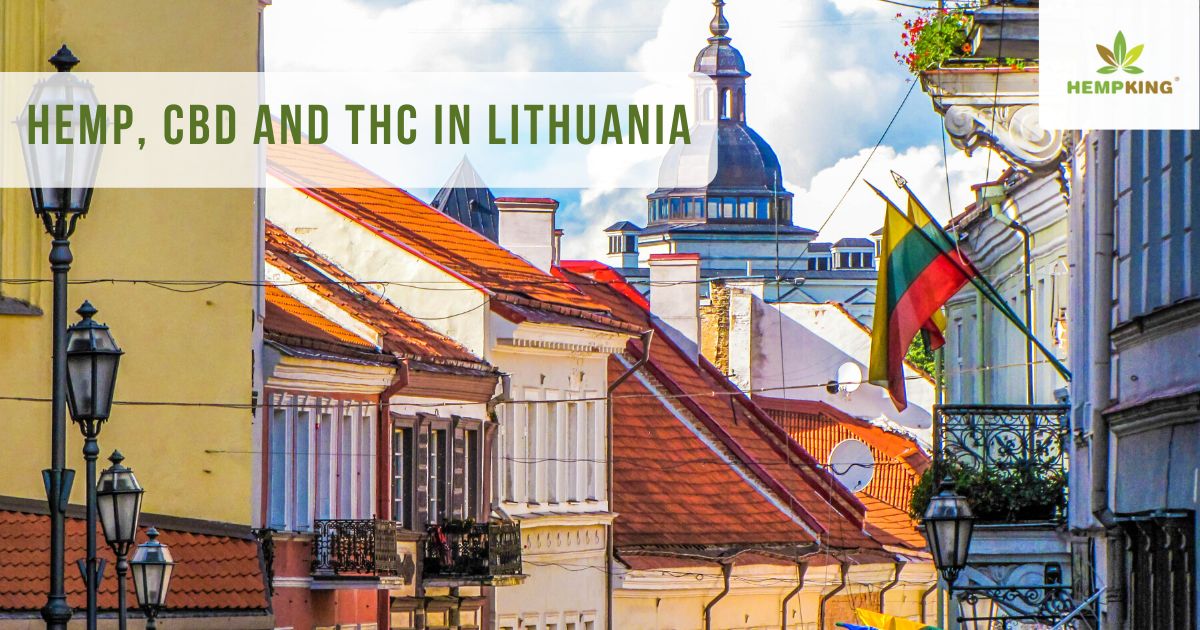
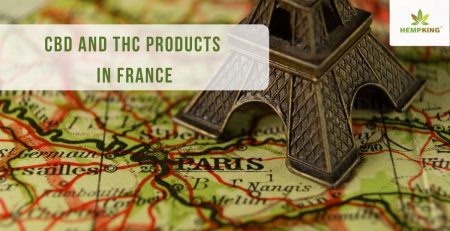
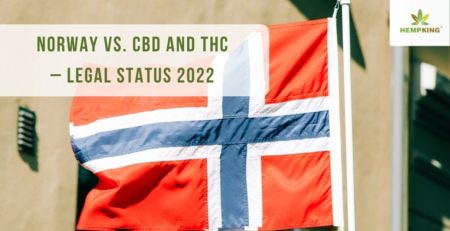
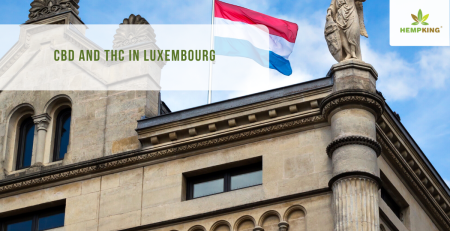
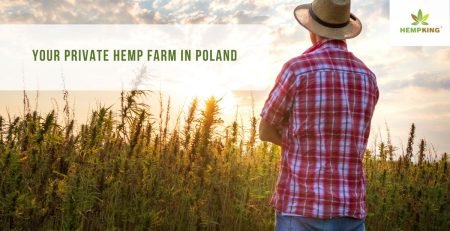
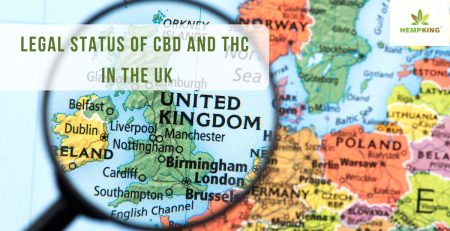
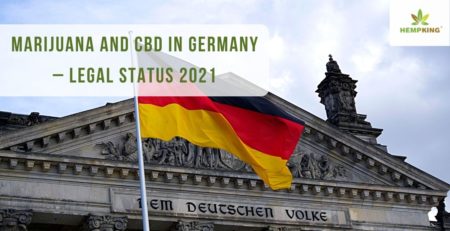
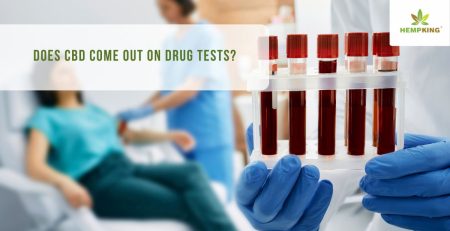
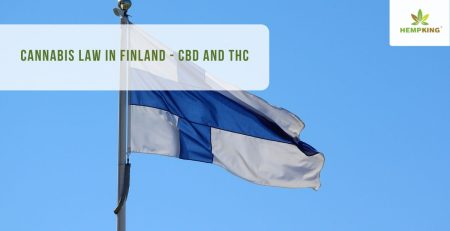
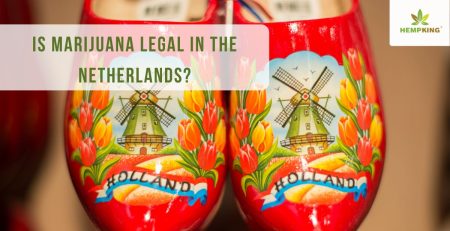
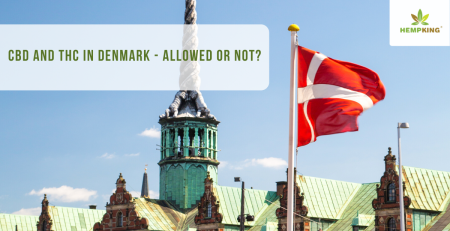
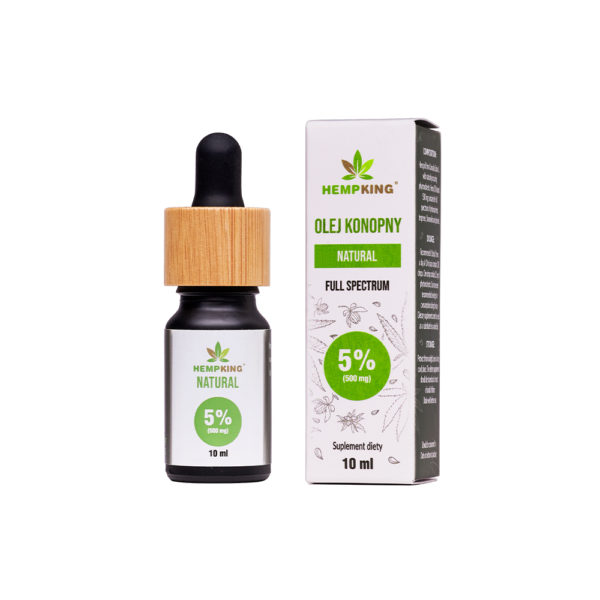
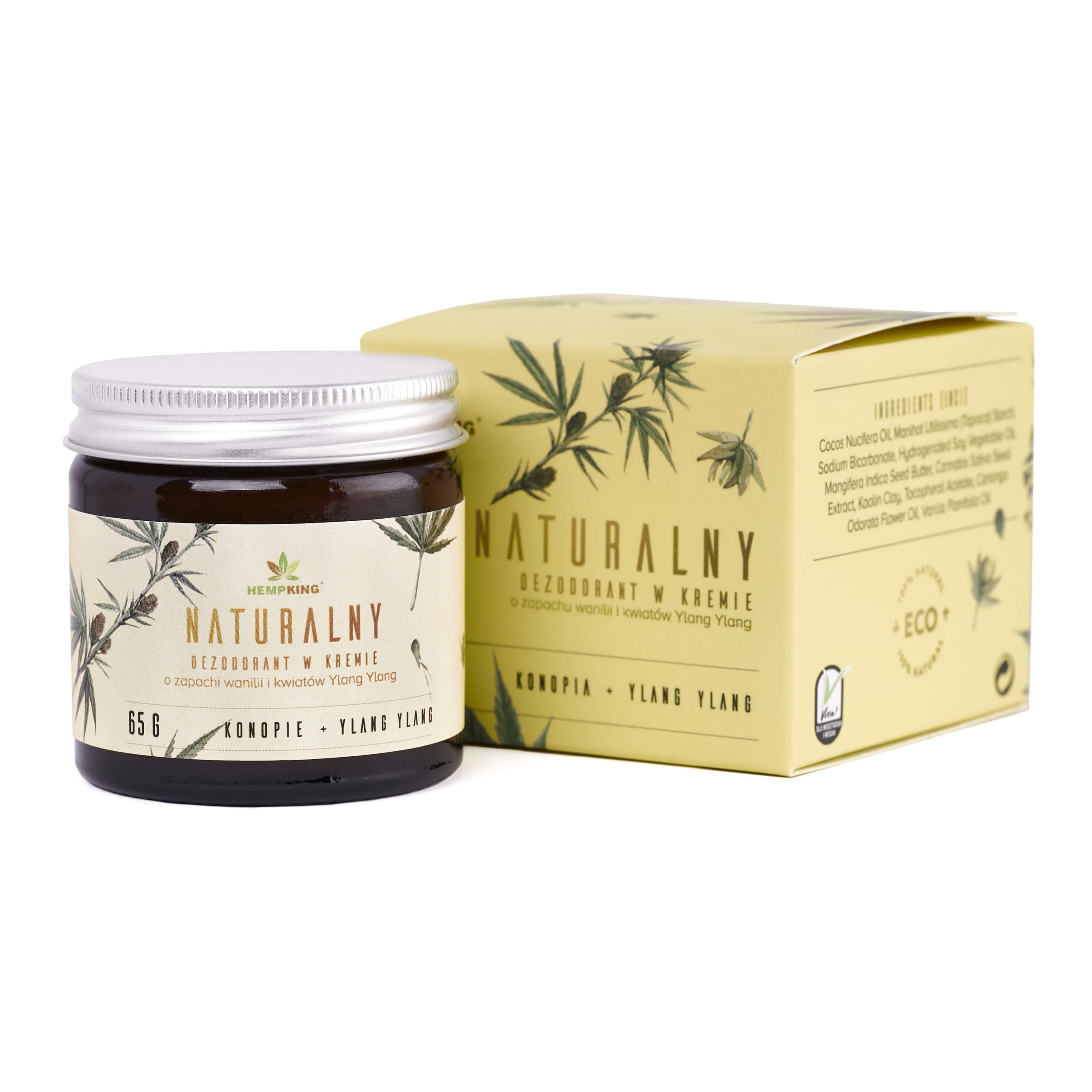
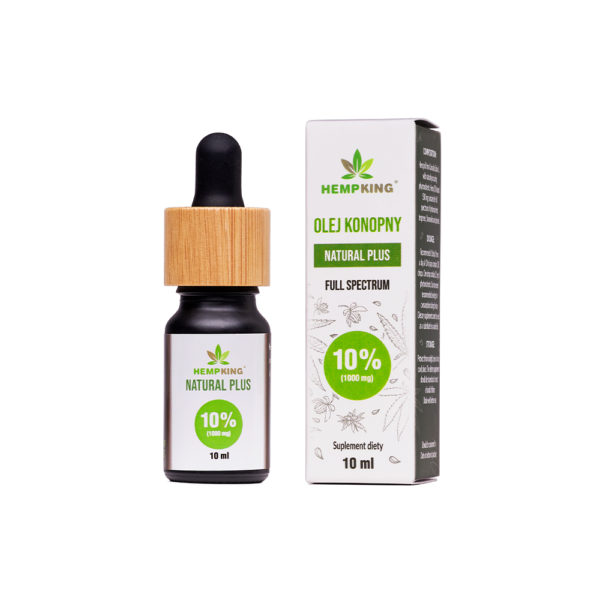
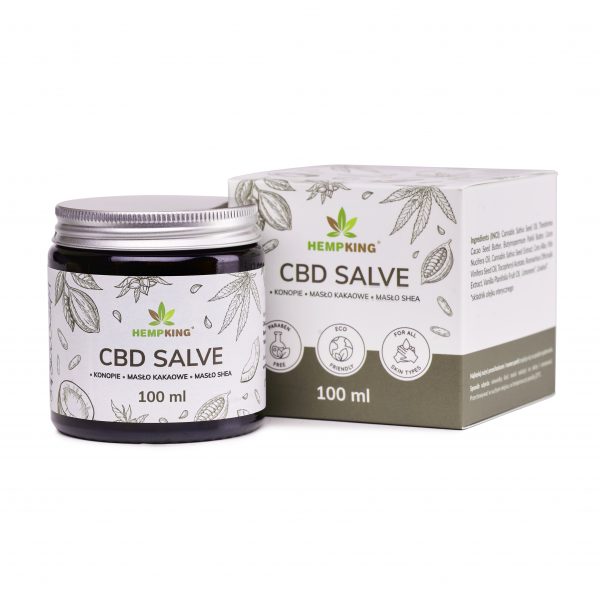
 Facebook
Facebook Instagram
Instagram

Leave a Reply